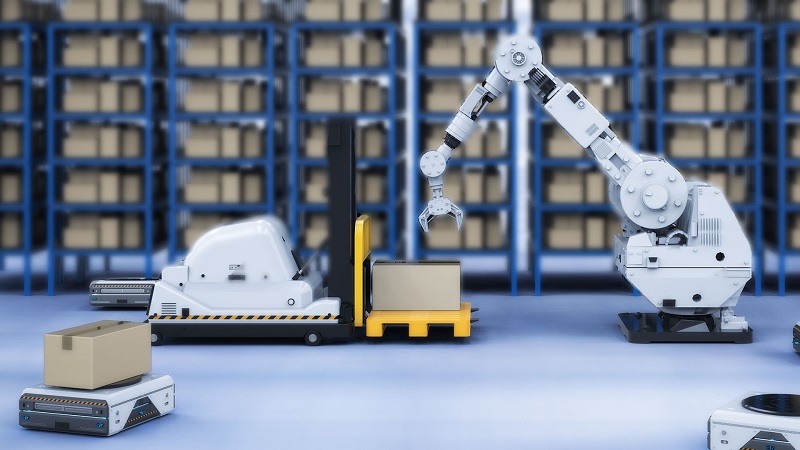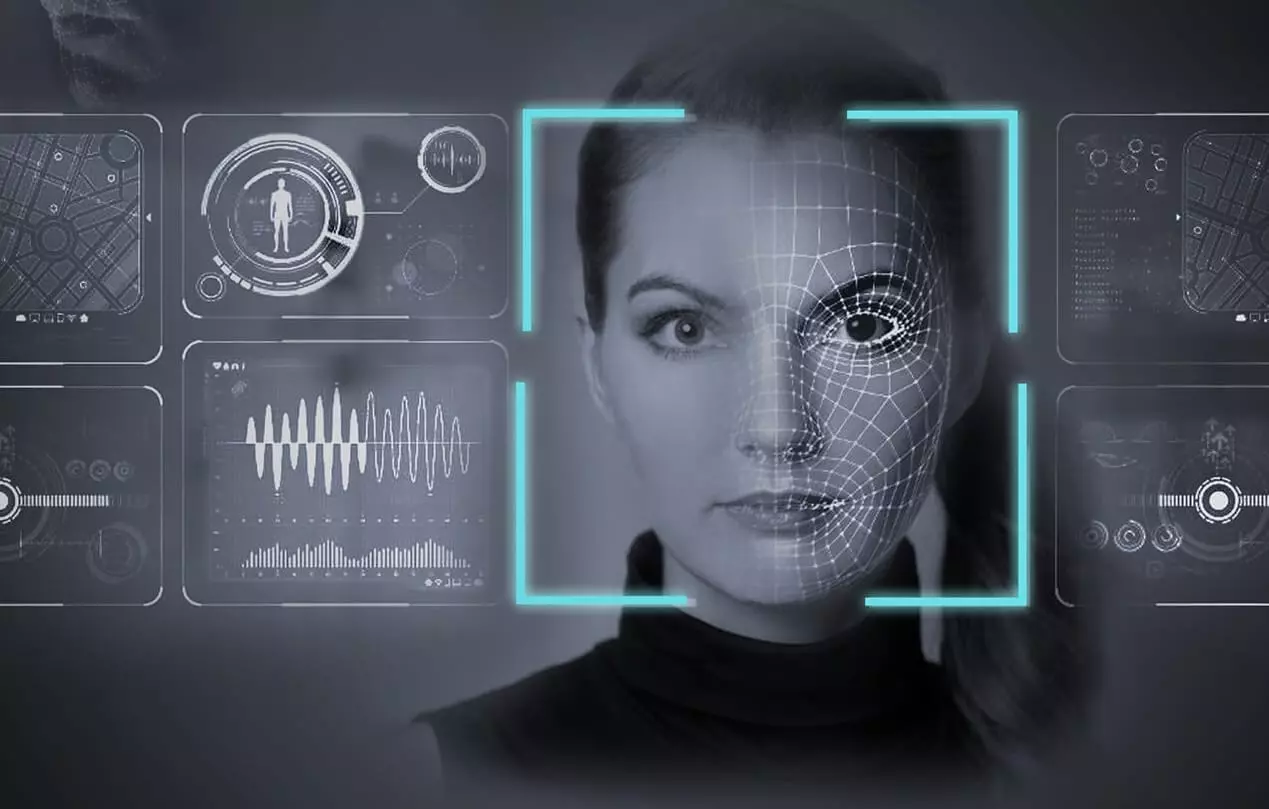Reflecting on the past two decades that I have spent in Silicon Valley, never before has technology been so linked to all facets of human life as now. The devices in our homes are connected to the Internet or activated by voice; Smart virtual assistants can make restaurant reservations and schedule our appointments independently; and we even drive cars that can park on their own and planes that fly alone.
However, the most dramatic change is the complete transformation of the way we work. By the end of next year, nearly half of all global companies are expected to use robotic process automation (RPA), software bots that work hand-in-hand with humans and automate work. repetitive we do. This makes RPA the fastest growing business software category in the world.
As "the future of work" becomes the present, giving rise to the point of total intersection between humanity and technology, we must ask ourselves what is corporate ethics like in the era of human and digital workers? How does this serve society as a whole?
Here are three recommendations business leaders should keep in mind to ensure an ethical deployment of AI and automation, as well as to positively impact the organization from these technologies:
Make diversity a top priority:
Radical change in society brings with it a fundamental change in trust. Automation, and especially artificial intelligence, come with a unique set of trust issues: The technology is not only new, but promises to disrupt almost all existing industries.Diversity is the most important factor in how automation and artificial intelligence will transform society. It will impact not only those who create and use the technology, but also the people affected by the generated algorithms. And yet, the AI industry also faces a stark gender gap.
According to the World Economic Forum, only 22% of AI professionals are women, and based on research commissioned by Automation Anywhere, women face an increased risk of being adversely affected by AI and automation technology. Lack of diversity fosters biases and reduces the focus of the problems that are sought to be solved with new technologies. Conversely, diverse thinking at the highest levels of the industry can help promote innovation and ensure that these technologies are used to benefit different groups and demographics.
If I can offer advice to business leaders, it would be hiring more women, hiring people from diverse backgrounds, hiring people with different perspectives than yours, and listening to what they have to say to gain valuable information and skills.
Put human values first:
The question of whether bots eradicate or permeate bias is a wrong question. Bots are human-made and are as moral and ethical as the humans behind strategic decision making. Bots have no thoughts, feelings, or empathy.So how do you teach a bot to behave correctly? Ultimately, it comes down to the human behind the algorithm. I urge you to maintain a concept at the forefront of your strategic decisions about the ethics of the future of work: the ethical sustainability of human values. We need to continue to value human workers, their contributions, and uphold the values that make us human, such as empathy, kindness, joy, respect, creativity, and passion.
The digital workforce offers an undeniable economic benefit in the form of increased productivity, zero net errors and lower costs. However, it is the relentless commitment to uphold human values that will determine whether workers spend the time they save on ventures that can never be automated: applying human ingenuity, tenacity and creativity to economic growth and the most pressing problems of the society.
Educating for the digital workforce:
How do we ensure that humans collectively do better in the long term with new ways of working? It all starts with education. According to the World Economic Forum, by 2022 the new technology will create 133 million new jobs (compared to just 75 million declining roles). These works will prioritize analytical thinking, creativity and the resolution of complex problems, over skills such as manual dexterity, memory and reading comprehension.Preparing the world for the future workforce doesn't just fall to academic institutions to empower tomorrow's workers. Companies must invest in refresher programs to help today's employees adapt and thrive in this new economic order. For example, at Automation Anywhere University we have trained over 350,000 developers, business analysts, partners and students at RPA. Imagine the impact if all large companies launched similar programs: a well-positioned workforce for tomorrow's 133 million new jobs.
If we hold ourselves accountable for the ethical deployment of artificial intelligence and automation, we prioritize people over profit, diversity over the status quo, and enact the greatest benefit to the largest number of workers, I believe the legacy of these technologies will be prosperity and human progress.


